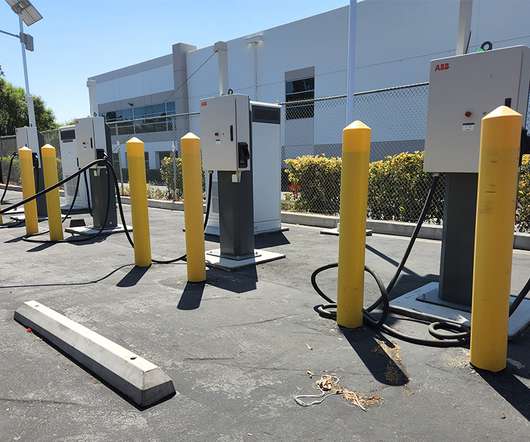Hydrogen Opposed Piston Engine Working Group formed
Green Car Congress
MAY 26, 2022
Several organizations, encompassing companies, research labs, and academia, have formed the Hydrogen Opposed Piston Engine Working Group. The Working Group consists of members undertaking research and development in the field of hydrogen combustion in an opposed-piston engine. The only criteria emission of concern is NO x.







































Let's personalize your content